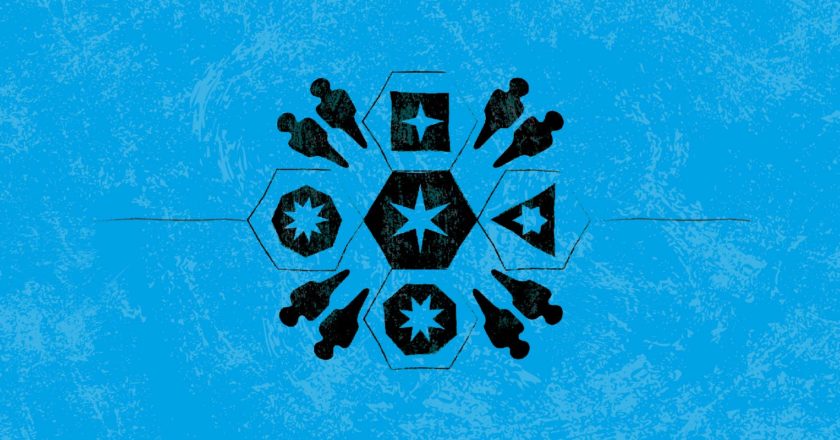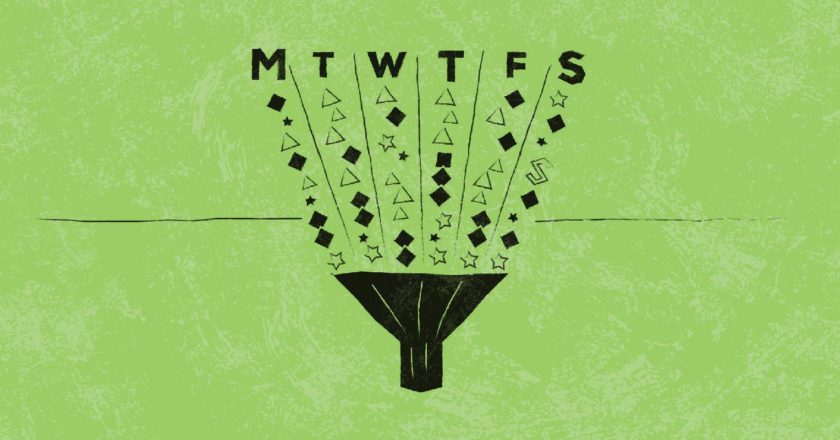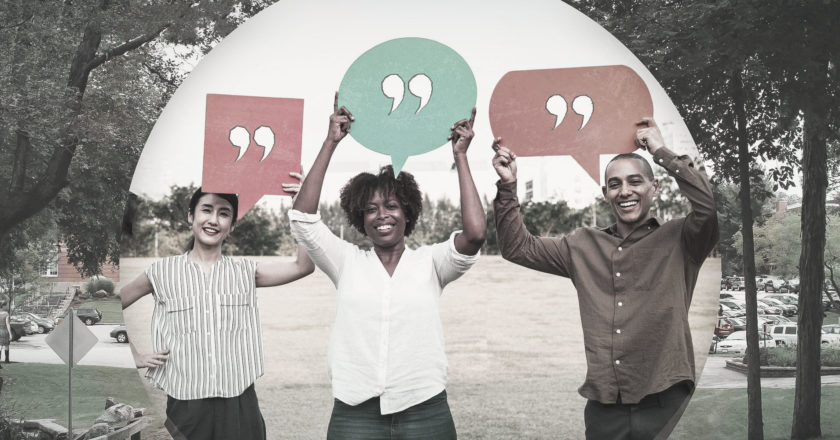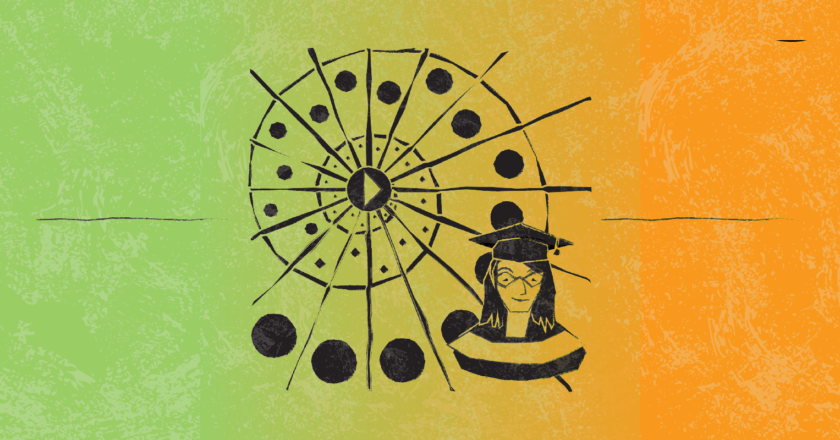Don’t be discouraged if a first or second attempt at reaching out fails—just look for the next opportunity.


Don’t be discouraged if a first or second attempt at reaching out fails—just look for the next opportunity.

To me, “honors” is about the quality of your work, the quality of your thinking. It’s not about whether you can do this full time.

Audio interview. “It happens to people teaching in any kind of academic discipline, where students think [their instructors] can give them advice on things that they’re really not qualified to talk about. We’re discipline experts.”

Audio interview. Dr. Schalomon: “If you don’t quite know what the student needs, go to the student and ask.”

Video interview. Having your syllabus state that you support students with disabilities is just one way to create inclusivity and demonstrate your support for all students.

Video interview. Having your syllabus state that you support students with disabilities is one simple action discussed that helps create an inclusive academic environment.

Always be respectful and professional when corresponding with a professor or course instructor. Using “Dear” to begin emails, using the professor’s last name (i.e. Professor Brown), and signing off with a “Thank you,” or “Sincerely” goes a long way!

Align your strengths with your interests. Find a supportive mentor. Be willing to accept some trial-and-error. Autistic students can succeed in STEM.

Autistic students must define obvious needs, such as academic and transportation accommodations, but it is also beneficial to measure more nuanced needs such as independence and social living.

Special interests are your Marauder’s Map, your hyperdrive, and your superpower. Let’s dive into how they work.